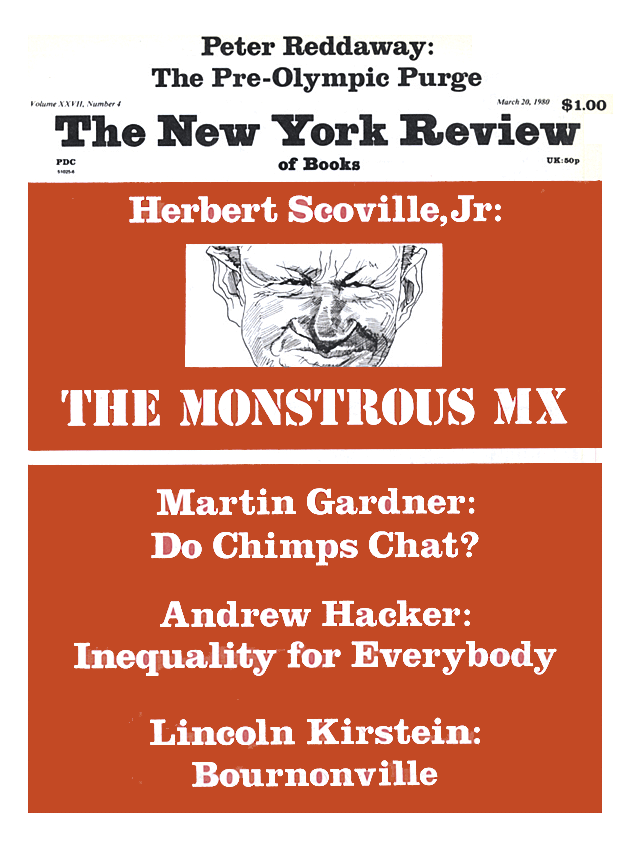The New Yorker The tail wags the elephant Business The New Yorker
Post on: 4 Август, 2015 No Comment

Maybe todays investors have too much access to too much information
By James Surowiecki
updated 11/4/2008 8:44:10 AM ET 2008-11-04T13:44:10
When people talk about the ongoing tumult in the stock market, they typically blame investors’ lack of information. There’s the uncertainty about the future state of the economy. There’s the confusion about what the government will do next with its ever-changing bailout program. And there’s the mystery of what the mortgage-backed securities clogging bank balance sheets are really worth.
Yet, even with all these lurking unknowns, investors have far more information today than ever before. Your ordinary day trader, if any of those still exist, enjoys far greater access to economic and market data than men like J. P. Morgan did when they were running Wall Street. But this information isn’t necessarily making investors, or the market, any smarter. In fact, what may be driving the market crazy of late is that it knows too much.
The problem isn’t so much the never-ending stream of surveys, studies, and statistics — retail sales, housing prices, consumer confidence, unemployment claims, and so on. These numbers, though of varying accuracy and usefulness, at least offer a picture of what’s happening in the economy — which is, in the long run, the fundamental driver of stock prices.
The real problem is that investors are also deluged with another data stream; namely, all the trading information from the world’s many markets, which gives them a constant, noisy, and often misleading impression of what other investors are thinking.
Investors have always paid attention to what other investors were doing, of course, but currently they’re assailed by a high-volume clang of market bellwethers twenty-four hours a day. After the stock market closes in the U.S. for instance, American investors begin to look to the S&P futures market to figure out where prices might be headed.
Then they turn to foreign markets, first in Asia and then in Europe, which often set the tone for how the U.S. stock market will open. And less well-known markets have lately had a powerful effect on how stocks behave. The Chicago Board Options Exchange has an influential index, the VIX, which is often called the “fear index,” because it measures investors’ expectations of market volatility. The credit-default-swap market, too, has become increasingly important in shaping the stock market.
Credit-default swaps are essentially insurance bought against the possibility that a company will default. And, these days, if the price of a company’s credit-default swaps rises (meaning that its chance of default is thought to be higher), its stock price will often fall.














